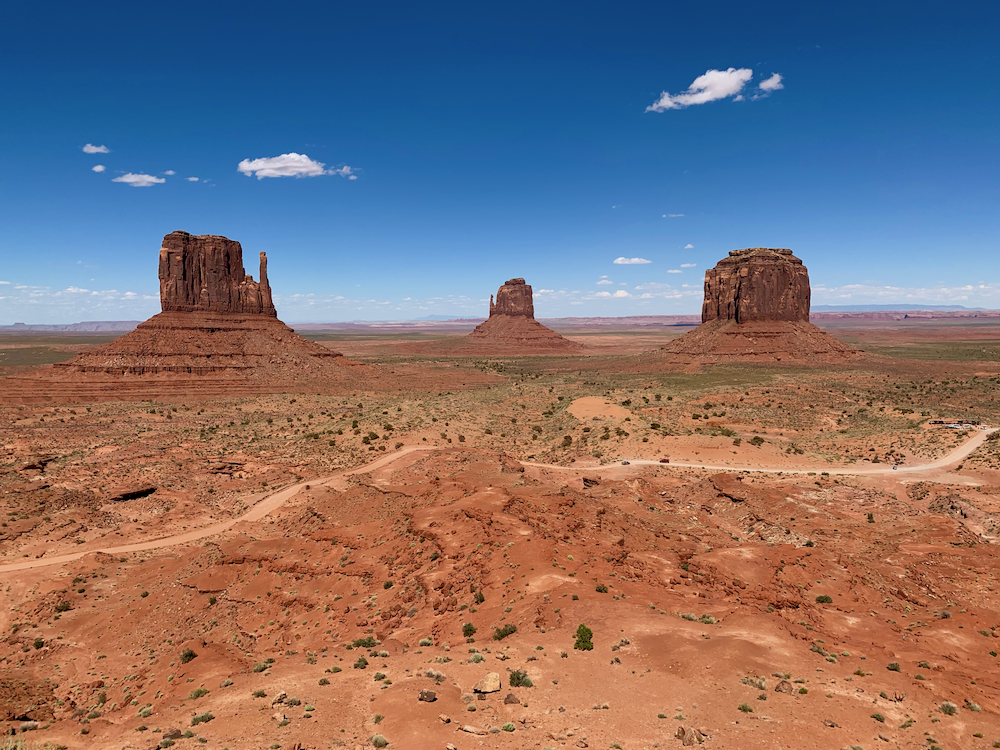
Above Photo: One of our grandsons is shown above, looking intently at a small bug on our patio several years ago.
“We may ignore, but we can nowhere evade the presence of God. The world is crowded with Him. He walks everywhere incognito.”
(C.S. Lewis)“The Bible makes it clear that the world around us reveals the character, nature, and purpose of God. And it does so every second of every day.”
(Richard Doster– By Faith Magazine)
- Psalm 19: “The heavens declare the glory of God, and the sky above proclaims His handiwork.”
- Romans 1:20: “For His invisible attributes, namely, His eternal power and divine nature, have been clearly perceived, ever since the creation of the world, in the things that have been made.”
“This is my Father’s world:
And to my listening ears,
All nature sings, and round me rings,
The music of the spheres.
This is my Father’s world:
The birds their carols raise,
the morning light, the lily white,
declare their Maker’s praise.
This is my Father’s world:
He shines in all that’s fair;
In the rustling grass, I hear Him pass,
He speaks to me everywhere.”
This hymn reminds me why I love spending time in the outdoors. One of the reasons I so enjoy being in nature (besides refreshing my soul) is because of the wonder of God’s creation and His artistic, intricate and beautiful handiwork that is all around us (yes, even in a broken and fallen world).
If we will simply slow down long enough to look intentlyand listen carefully,we will see His beauty all around.
As C.S. Lewis said, “We may ignore, but we can nowhere evade the presence of God. The world is crowded with Him. He walks everywhere incognito.”
In the most recent issue of By Faith Magazine, Richard Doster writes…“The all-powerful creator God is telling us something about Himself in everything, from the tiniest ghost crab to the right whales that visit us in calving season.”
Doster goes on to say:
“Professor and author Joe Rigney illustrates the point when he talks about how we see the divine nature in the things that God has made just as we see the talent and creativity of the artist in his painting or the composer in his music.
It’s this reality that caused Jonathan Edwards, the great 18th- century theologian, to view the world as a kind of language. The whole universe, Edwards said, including “heaven and earth, air and seas … are full of images of divine things, as full as a language is of words.”
And yet, Edwards continued, all these images convey only a fraction of what God intended to signify or typify by them.
Rigney points out that most Bible readers are familiar with typology. We understand, for example, that the Passover lamb was a type or image of the sacrifice of Christ…
But Edwards goes further, arguing that God has created images and types in the natural world, too. And that these types are a kind of language that God uses to speak to us.
For example, the Scriptures encourage us to look at the birds (Matthew 6:26) and consider the lilies (Matthew 6:28) and go to the ant (Proverbs 6:6). There are, Rigney points out, divine lessons in seeds and fields, in sand and rocks, in wineskins and fig trees.
Continuing the previous thought, Doster writes:“And even in insects. In a recent Wall Street Journal story, professor Anne Sverdrup-Thygeson points out that insect pollination increases fruit or seed quantity in three-quarters of our global food crops. And it’s not just bees that do this work, Sverdrup-Thygeson says. It involves some 20,000 different species of flies, beetles, ants, wasps, butterflies, and other insects.
The sunrise over the ocean, then, is never just a sunrise. It’s a message, and God intends for us to receive it, comprehend it, and respond.
The color of a bright red cardinal is a message. The dolphin arcing up for air is a message.
The breeze, the texture of the sand, the dunes and sea oats, the golden retriever passing by in the other direction — God spoke them into existence, which means we’re enveloped by visual, audio, and olfactory aids — each one sent to help us understand God’s extravagant goodness.
Sadly, because of sin, we no longer see such things the way we’re meant to. We don’t hear, smell, or touch to the degree God intended. But, with God’s help, we perceive more than we used to.
By His Spirit, we’re able to see the kingdom in the mustard seed (Matthew 13:31-32), in leaven (Matthew 13:33), and in the priceless pearl (Matthew 13:45). By His Spirit and through His word we’re free to perceive His invisible attributes at the beach, strolling through the mountains, and watching birds build nests in our own backyards.
We’re free to respond, too, in thanks and adoration. C.S. Lewis parsed the difference for us. “Gratitude,” he said, “exclaims ‘How good of God to give me this.’ Adoration asks, ‘What must be the quality of that Being whose far-off and momentary [displays of brilliance] are like this?’”
There’s a good chance we’ll be happier, kinder, more grateful, and more generous if we spend time pondering the quality of God who gave us the beach, birds, and mountain forests.”
Click here to read the full article.
When was the last time you…
slowed down enough to look intently and listen carefully
to what God is saying through His creation?
